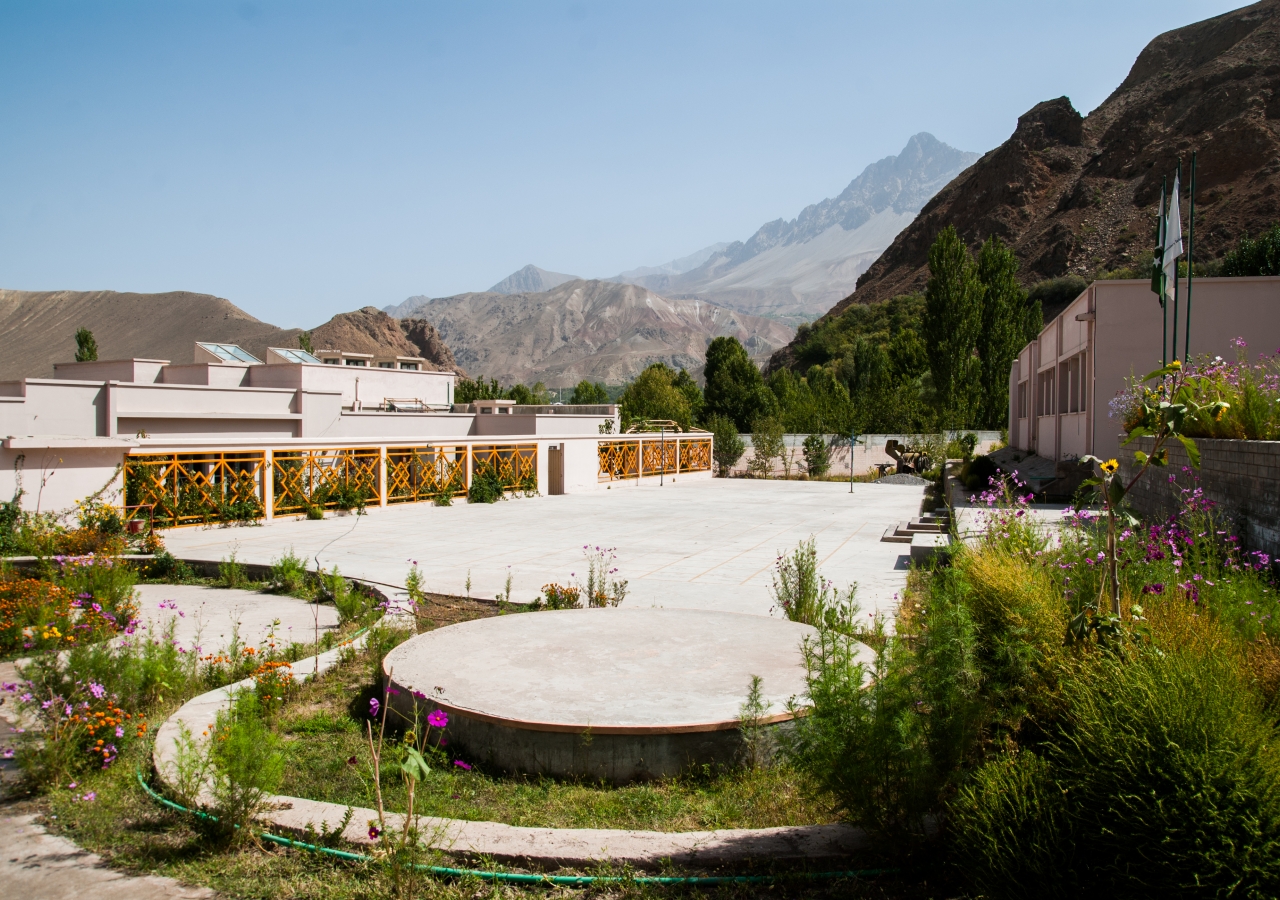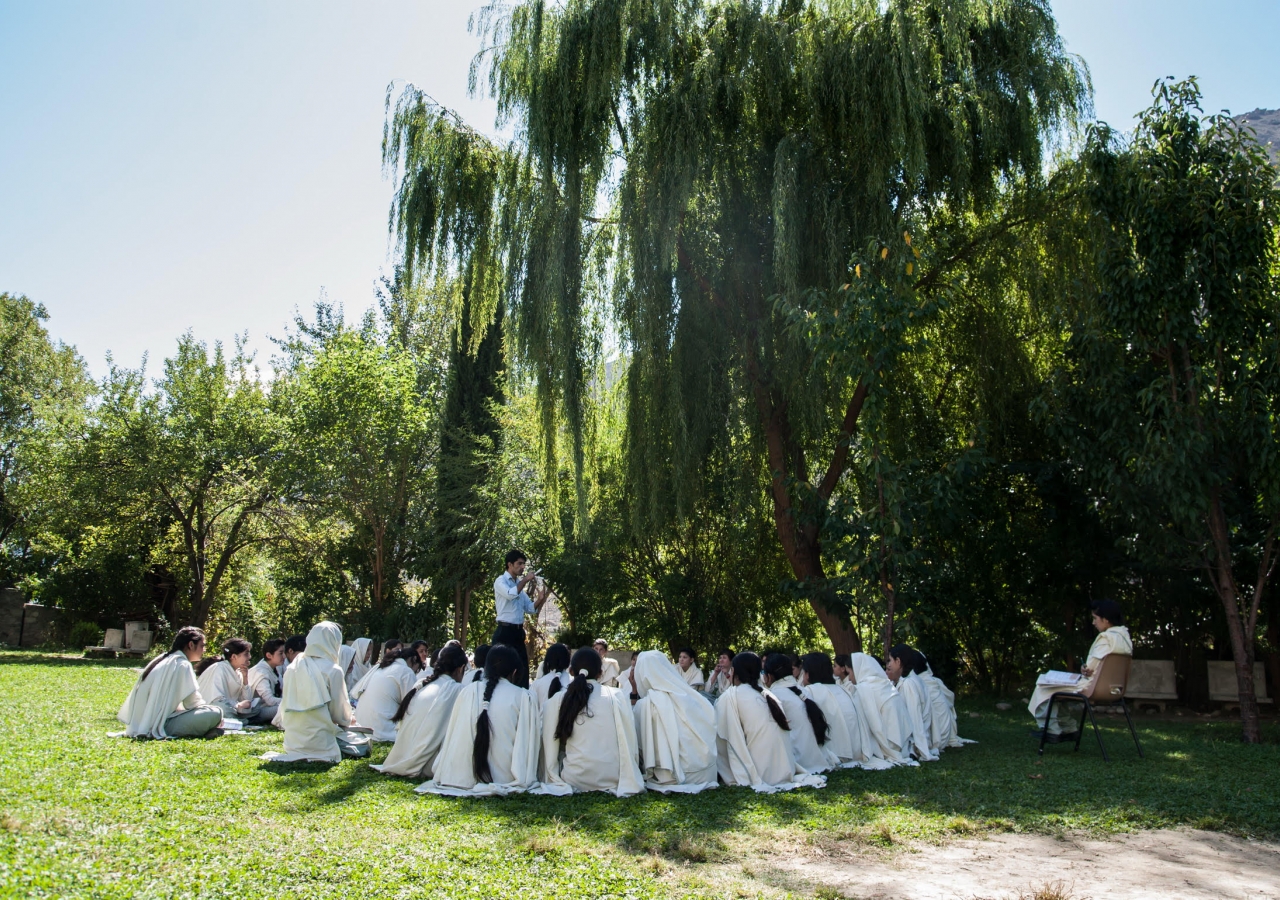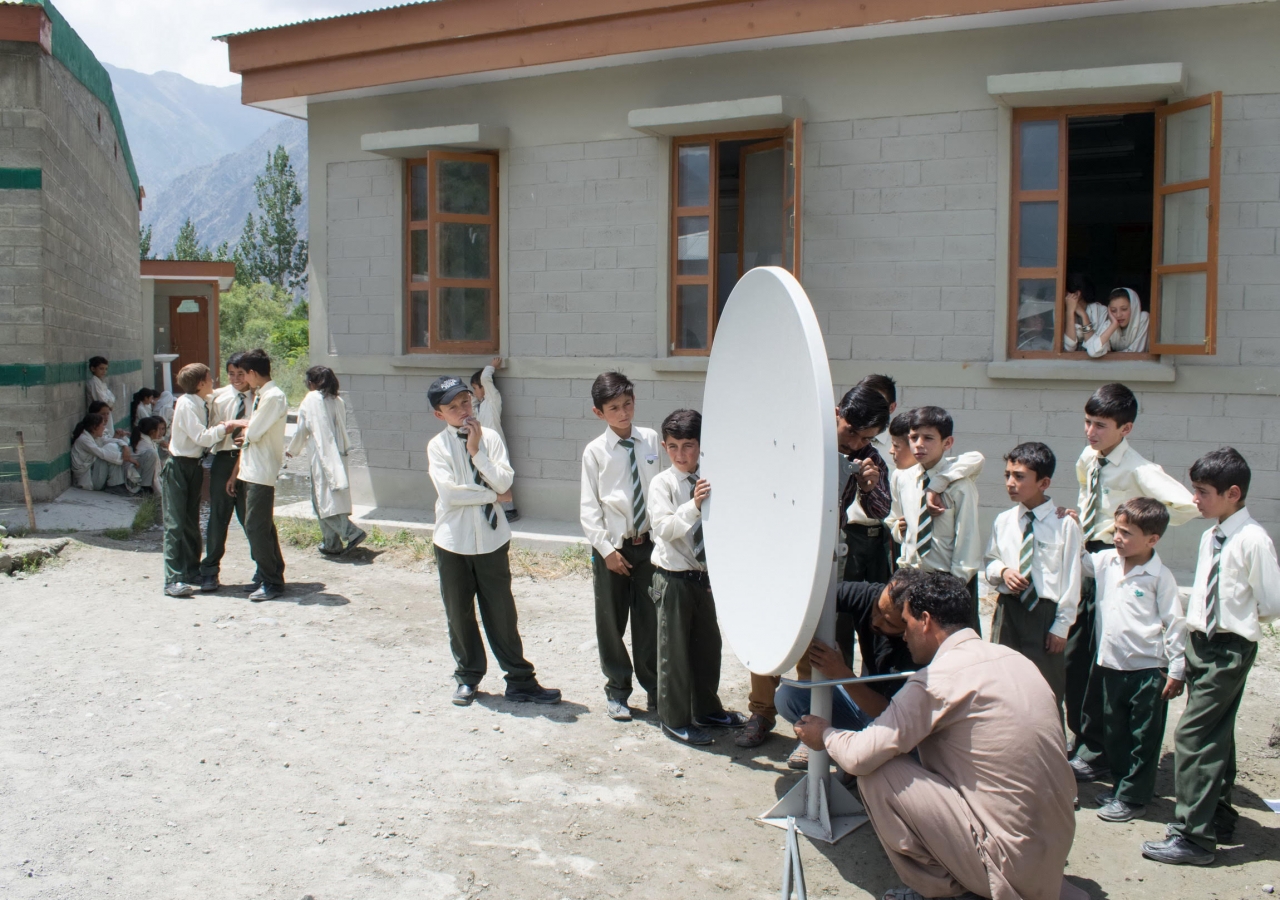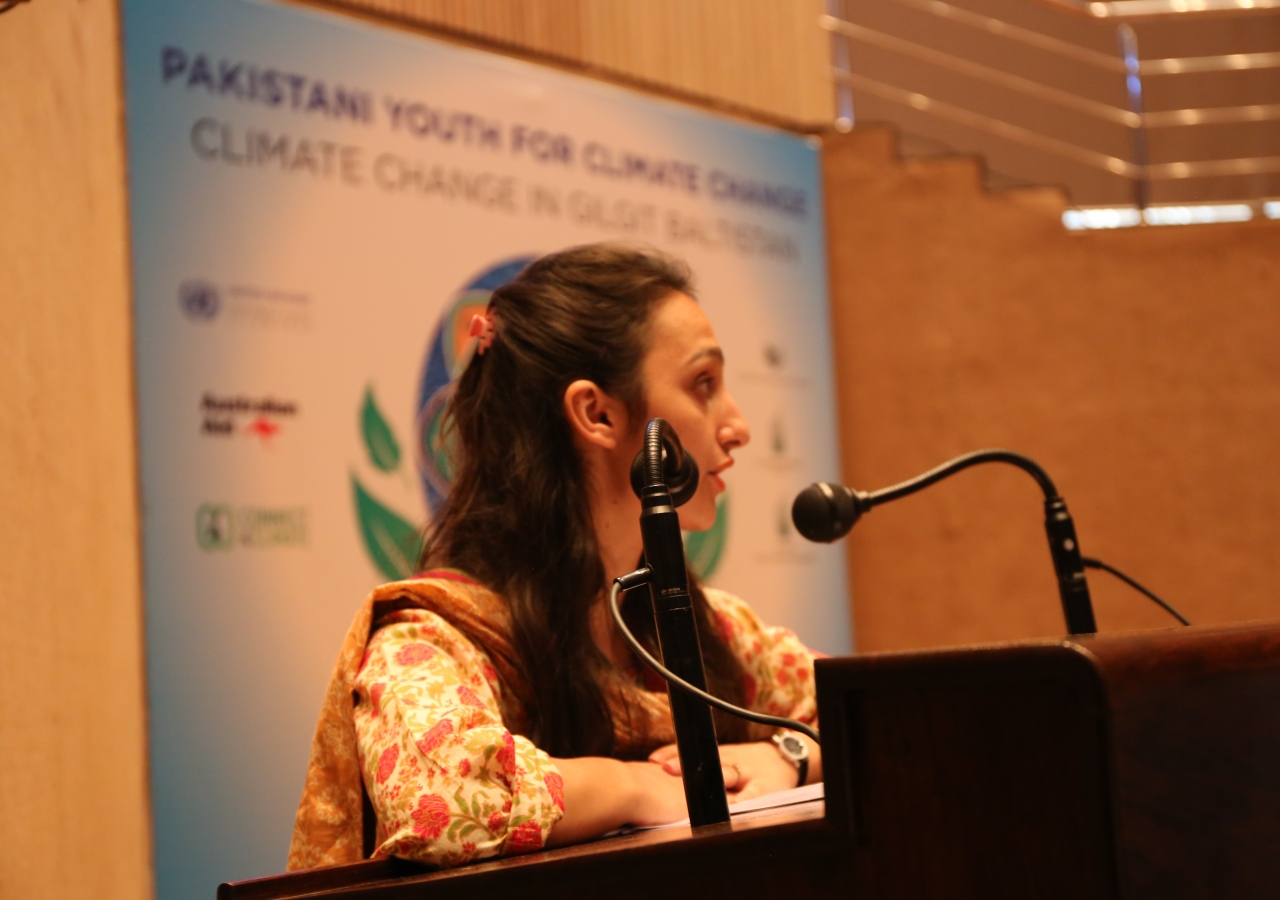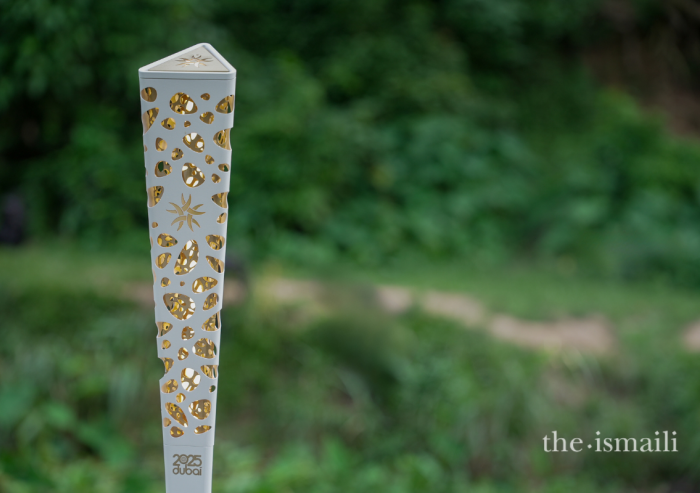Now retired from the Diamond Jubilee High School, Gupis, Gilgit-Baltistan, after almost three decades of teaching, he is a witness to the transformative power of education.
Today, the Aga Khan Education Services operates over 200 schools and education programmes in 10 countries across East Africa, the Middle East, Central and South East Asia, serving over 60,000 students. The vast majority of the schools –160 – are in Pakistan, providing schooling to more than 40,000 girls and boys from pre-primary to higher secondary level.
The first Aga Khan School in Pakistan was established in 1905 in Gwadar, Balochistan, by Mawlana Sultan Mahomed Shah. In the decades that followed, Aga Khan Schools were established in Sindh, Gilgit-Baltistan, and Chitral. Today, Aga Khan Education Service, Pakistan - which is part of the Aga Khan Development Network established by Mawlana Hazar Imam - operates 107 schools in Gilgit-Baltistan, a further 45 schools in Chitral, and eight schools in Sindh and Punjab.
In order to meet the needs of every student, the education network ranges from small rural schools with less than 100 students to large urban schools with well over 1,000 students. While some operate in community-built structures, others have custom-built campuses with all the facilities of a modern institution, including libraries, laboratories and solar-powered Internet-enabled computer labs.
The long-term vision of the Ismaili Imams, combined with their continuous emphasis on education, has led to an improved quality of life for thousands of families in Pakistan and elsewhere. Ensuring access to knowledge to improve one's condition, and to use that knowledge towards the greater good, is an ethic of the faith which underlies the Imams' commitment to education.
As retired teacher Musa Khan said, “Now people have the knowledge to live, to think, to rise out of poverty. This is thanks to the education they have received.”
“The best way to manage change, whether positive or negative, is to anticipate it and prepare for it. On the basis of my experience with development as an observer and a practitioner — I have come to the conclusion that there is no greater form of preparation for change than education. I also think that there is no better investment that the individual, parents, and the nation can make than an investment in education of the highest possible quality.” Mawlana Hazar Imam, speaking at the opening ceremony of the Aga Khan School, Osh, Kyrgyz Republic, 30 October 2002
Teaching to Learn
Nazish Amir graduated from the Aga Khan Higher Secondary School (AKHSS), Kuragh, in 2012 as part of the first cohort of students graduating from the school. She is currently a lecturer of English Language and Literature at the University of Chitral.
Nazish is from the village of Charun in Upper Chitral and is the second of five siblings, and credits her school for helping her to develop her talents and interests. Nazish said “I was not a very good student before joining AKHSS, Kuragh. In fact, people in my village were surprised when I qualified in the test for the school. I was able to do well in school, and subsequently in my professional life, because the school really helped me develop holistically." Nazish felt that she was able to learn a lot from her classes, from the variety of projects she was assigned, and activities such as debates and presentations. “I don’t have words to express my feelings for the school,” Nazish said.
After completing her higher secondary school certificate from AKHSS, Kuragh, Nazish studied English Language and Literature at the International Islamic University in Islamabad. She said that English was her personal interest and that she was always interested in stories and novels. The library at the school was well-stocked with books, encouraging this interest.
In addition, Nazish commented that the Aga Khan University Examination Board’s English course focused heavily on the key skills of reading, writing, listening, and presentation. “These skills have helped me in both my university and professional life,” she said.
After graduating from the university, Nazish was in the fortunate position of having to choose between a scholarship for a graduate programme at the Institute of Ismaili Studies, London, or a lectureship at the University of Chitral. She opted to take up the lectureship but plans to continue her studies in the near future.
Nazish said “I can be a better teacher than I can be anything else. Teaching constantly gives you opportunities to improve yourself. Every lecture I give helps me learn.”
|
Aga Khan Schools in Pakistan since 1905 - 160 schools - 4 hostels - 40,000+ students (more than 50% female students) - More than 1,300 higher secondary students graduate every year (approximately 80% go on to professional colleges and universities) - 2,700 employees (over 1,800 teachers) - 2,000 volunteers - Support 160 community-based schools - 69 primary schools, 40 middle schools, 43 high schools and 8 higher secondary schools |

